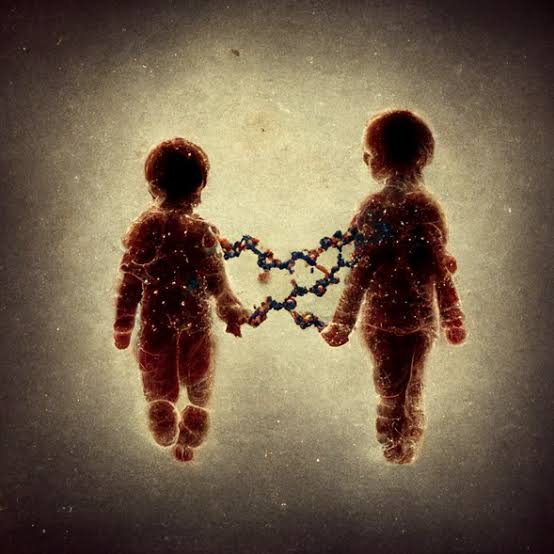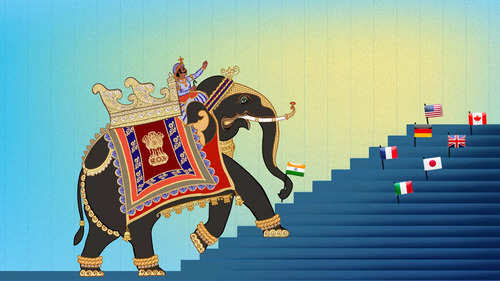This blog post will explore the momentous judicial decision that has the potential to drastically alter the situation for Muslim women who have lost their marriages in India. The Supreme Court has rendered a historic decision. This historic ruling, hailed as an equality victory, establishes a new precedent by confirming their claim to maintenance under nonreligious law. This decision represents a transformational turn toward justice and empowerment for women who have long been disenfranchised by current personal laws, amid a backdrop of legal disputes and societal issues.
In line with the Shah Bano case , the Supreme court upheld Muslim women’s entitlement to maintenance requests.The debate of Muslim husband’s upkeep responsibilities was discussed. This article follows the top Court’s verdict that relief under Section 125 CrPC is a social security measure that operates independently of any Muslim personal law remedies isn’t just a milestone- it’s a powerful echo of a historical legal battle that shook India over three decades ago.
Go Back to 1985: The Case of Shah Bano
Imagine a time in the 1980s when Muslim woman Shah Bano, who had been divorced, battled to receive maintenance outside the purview of customary personal regulations. Her case was transformed by the Supreme Court’s decision, which sent shockwaves across India’s legal system. The Muslim Women (Protection of Rights on Divorce) Act, 1986, was created in response to the ensuing outcry, though, and it was intended to moderate the Shah Bano verdict within the parameters of Islamic law .The Supreme Court affirmed the 1986 Act’s legality in the Danial Latifi case of 2001.The landmark Shah Bano case decision addressed gender equality and the need for a Uniform Civil Code (UCC) in addition to interpreting personal law. It established the groundwork for Muslim women to have equal rights regarding marriage and divorce. Having been awarded a ‘talaq’ (divorce), Bano’s ex-husband had first applied to the court for maintenance. Beginning in a district court, the legal battle came to a memorable conclusion in 1985 when the five-judge Constitution bench of the highest court rendered its decision.
A bench of justices B V Nagarathna and Augustine George Masih noted in their decision on Wednesday that the Shah Bano ruling had addressed maintenance in great detail, specifically the duty of a Muslim husband to support his divorced wife who is unable to support herself, either after seeking or receiving a divorce. “The bench (in Shah Bano case) unanimously went on to hold that the obligation of such a husband would not be affected by the existence of any personal law in the said regard and the independent remedy for seeking maintenance under Section 125 of CrPC 1973 is always available,” the court stated. The Shah Bano ruling further said that section 125 of the CrPC will take precedence over any potential conflicts between the secular and personal law rules regarding support claims made by a divorced wife. The bench stated that the 1985 ruling clarified the wife’s entitlement to refuse to cohabitate with her spouse after he entered into a second marriage.
The Modern Verdict: A Fresh Chapter
Fast forward to July 10, 2024, and the echoes of the Shah Bano case are resounding once more. The Supreme Court’s latest verdict once again champions the rights of divorced Muslim women, reinforcing their entitlement to maintenance under secular laws. This ruling signals a rejuvenation of the principles from the Shah Bano case, advocating that justice and equality should transcend religious divides.
Why Does This Matter? This new ruling isn’t just a legal update; it’s a compelling chapter in the ongoing saga of gender equality and justice in India. It illustrates the ongoing fight to strike a balance between national laws and international human rights, showing how the pursuit of justice is both ageless and dynamic.In a seminal ruling on July 10, 2024, the supreme court upheld a divorced muslim woman’s entitlement to maintenance under section 125 of the 1973 code of criminal procedure (Crpc) in the case of Mohd Abdul Samad v. The State Of Telangana.This decision is more than just a legislative update; it represents a turning point in India’s long march towards gender justice.The Shah Bano decision from 1985 which opened the door for maintenace rights outside of personal laws , is being revisited in this instance. Because the 1986 Muslim Women (Protection of Rights on Divorce ) Act (MWA),which had been prompted by the Shah Bano case, brought particular protections for muslim women who had been divorced, such as maintenance during the iddat period and a just provision for the future. The crux of the recent case was whether the MWA had superseded the CrPC provisions. The husband argued that the MWA provided a more comprehensive remedy and thus should replace the CrPC’s maintenance provisions. However, this argument was rejected by the Telangana High Court, which had previously awarded maintenance but later reduced it.
In a decisive ruling, the Supreme Court upheld that the rights under Section 125 CrPC remain intact despite the MWA. The Court emphasized that Section 125 is a socially beneficial provision designed to offer essential support, and its application is not negated by the MWA. This verdict not only resolves the ambiguity but also reaffirms a critical legal principle: that social justice should prevail over conflicting legal provisions. It’s a significant victory for gender equality and a reminder of the ongoing quest for fair and equitable legal protections. The decision emphasises the necessity for legislative harmonization between personal and secular laws, even though it is a beneficial development. Subsequent modifications may endeavor to bring these legal structures closer together, mitigating possible disputes and guaranteeing that every woman is provided with all-encompassing and consistent safeguards. The ruling serves as a reminder that new laws and policies are constantly needed in order to adapt to the changing social and legal landscape. The decision highlights how crucial it is that the general public and the judicial system are aware of Muslim women who have divorce rights. Even while the ruling brings clarity, more outreach and education are still required to make sure that those who may be impacted and legal experts are fully aware of their rights and the resources at their disposal. Increased knowledge can help ensure that the ruling’s tenets are applied effectively. The ruling rendered by the Supreme Court in the case of Mohd Abdul Samad v. The State of Telangana is a praiseworthy advancement in the clarification and reinforcement of Muslim women’s maintenance rights following divorce. The decision upholds the applicability of Section 125 CrPC in conjunction with personal laws, which is a critical clarification that promotes a more equal legal system. But it also emphasizes the necessity of continuous legislative improvement
About the Author: Miss Shwetha Rajakumar, a student of SRM University, Kattankulathur,
She is a part of the LexGenics team and undergoing an internship under the Research and Journalism Team.




